- MPIWG Research IT Hosts 2nd Digital Humanities Workshop
- Lyle Fearnley Leads Methods Intensive Master Class 2023
- IMPRS-KIR Welcomes Its Second Cohort
- MPIWG Research IT offers Digital Humanities workshop
- IMPRS-KIR Opens in Ceremony at Harnack-Haus Berlin
- Christopher Klauke Receives the Maria Hanáček Award 2022!
Welcome to the International Max Planck Research School “Knowledge and Its Resources: Historical Reciprocities”!
The IMPRS-KIR is an international PhD program based in the history and philosophy of science, technology, and medicine.
It is a collective undertaking by the Max Planck Institute for the History of Science in Berlin (MPIWG), Freie Universität Berlin (FU), Humboldt-Universität zu Berlin (HU), and Technische Universität Berlin (TU). The School is based on fruitful collaborations within the Berlin Center for the History of Knowledge, a network established in 2011 with all four partner institutions.
The IMPRS-KIR started work in September 2022 with its first six doctoral students and was joined by a second cohort in September 2023. The call for the third cohort starting in September 2024 is closed. Doctoral students earn their degrees from one of Berlin’s universities. At the same time, they enjoy the MPIWG’s excellent research infrastructure. They have 3.5 years of funding to complete their dissertation, and six more funded months to prepare for their defense and further career.


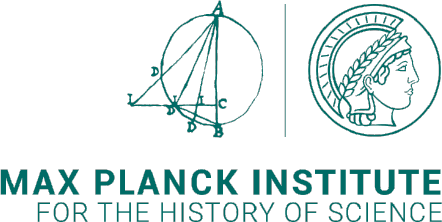
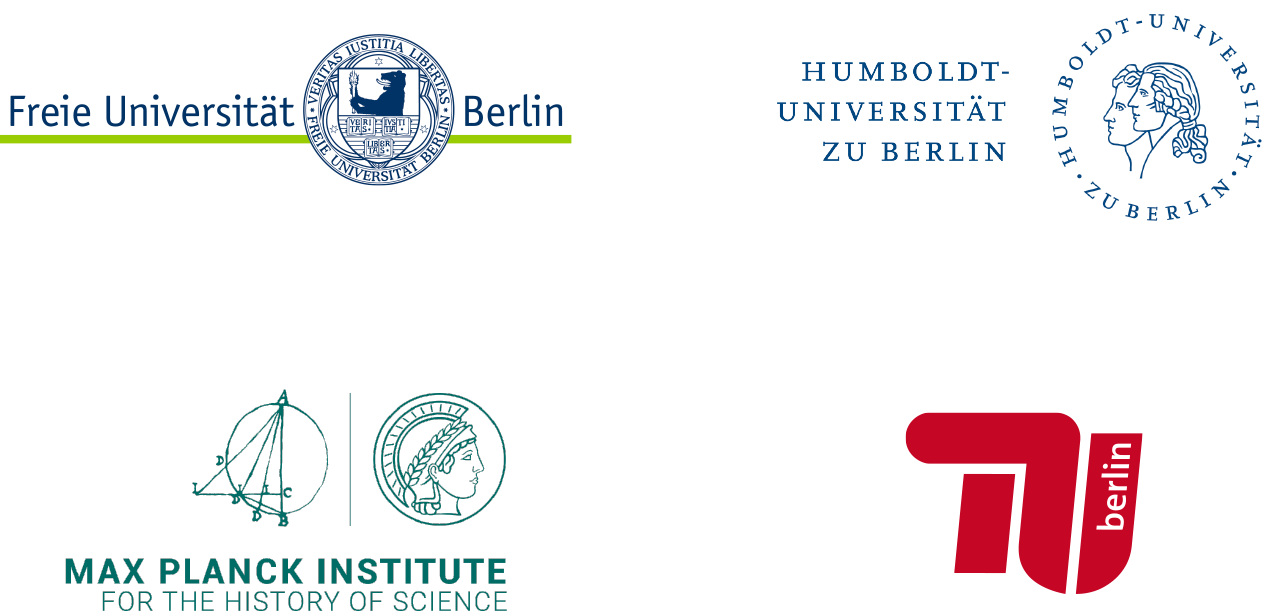
Agenda
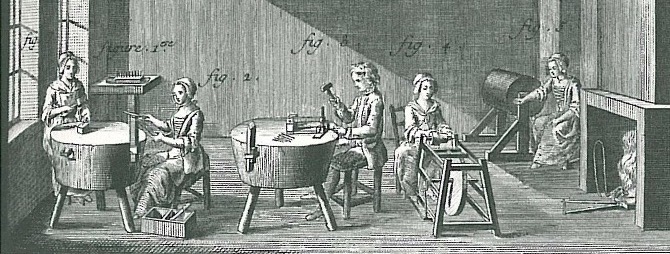
Key to the IMPRS-KIR’s agenda is a “historical-political epistemology,” an approach that unravels the contingent political entanglements between knowledge and resources from a global and long-term perspective.
A central goal of the IMPRS-KIR is to identify how resource regimes have evolved in different periods and places and what kinds of knowledge have contributed to the identification, development, and use of material and immaterial resources. At the same time, the IMPRS-KIR traces how knowledge itself depends on and is shaped by resources ranging from political systems to technological infrastructures, material objects, social interactions, and media technologies.
The IMPRS-KIR pursues this approach within three overarching research strands. The first focus is on the physical and material preconditions that enable, sustain, and limit knowledge in and across different times, cultures, and spaces. Second, the IMPRS-KIR addresses knowledge as a resource itself—a resource that needs to be shared if it is to be effective and protected from misinformation and misuse. Third, the research projects shed light on long-term developments in resource economics, because practices of exploiting material and immaterial resources, along with human beings’ bodily, mental, and social capacities to apply those practices, have changed over the centuries.
Bringing to light the plurality of knowledge systems in their own right, we also wish to address the connections and tensions between local worldviews and broader, cross-cultural conventions, uncovering the processes by which some knowledges are consolidated and become hegemonic terms of reference, while others are disregarded or abandoned.
Structure

The IMPRS-KIR is governed by the Principal Teaching Faculty (PTF), consisting of ten professors from all four Berlin partner institutions.
As the School’s Speakers, Prof. Dr. Dagmar Schäfer (MPIWG), Prof. Dr. Anke te Heesen (HU), and Prof. Dr. Christine von Oertzen (MPIWG/HU) preside over the PTF. They represent the School and meet monthly to implement its intellectual agenda, develop the curriculum, and thus shape the School in its current formative stage. In this process, the doctoral students’ interests are communicated to the governance bodies by their representative, Megan Rhian Briers.
The School’s teaching activities are enriched by a wider circle of colleagues from across the MPIWG, the Berlin universities, and our international cooperation partners in Singapore (Nanyang Technological University, Singapore University of Technology and Design) and Philadelphia (University of Pennsylvania). These colleagues form the Extended Teaching Faculty.
IMPRS-KIR coordinator Sophie Schwarzmaier carries out the School’s day-to-day management. As intermediaries between the PTF and the administrations of all partner institutions, she and her office team facilitate financial planning, event organization, curricular activities, and the School’s international guest program. They serve as the first point of contact for all doctoral students at the MPIWG.
Learn more about the members of the Teaching Faculty and the IMPRS Office.
Curriculum
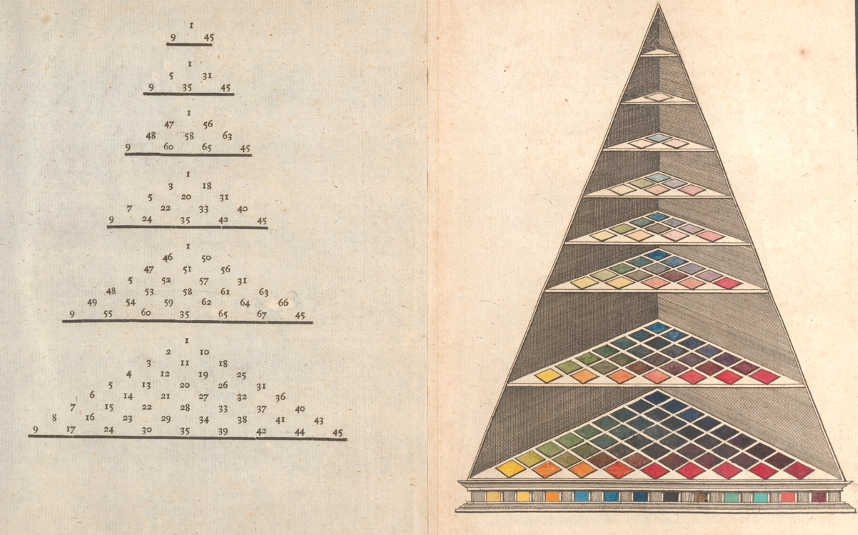
The IMPRS-KIR curriculum combines thorough methodological training and tailor-made mentoring as the doctoral students move from one stage of their dissertation to the next.
The first year starts with two courses, offered as master’s-level seminars and also open to select master’s students of the Berlin universities.
Course 1 focuses on key readings in a range of disciplines, including the history of science, technology, and medicine, media studies, Science & Technology Studies, anthropology, and art history. Course 2 applies our approach of “critical resource studies” to distinct thematic fields from different disciplinary angles. Members of the Principal Teaching Faculty (PTF) teach these courses jointly, reflecting the interdisciplinarity of the School’s research agenda.
In a monthly jour fixe, students discuss their work in progress with the PTF. The campus curriculum offered at the Max Planck Institute for the History of Science (MPIWG) consist of Methods Intensive Master Classes, Digital Humanities tutorials, and workshops with eminent guest scholars. The campus curriculum is open to all members of the Institute, in order to facilitate communication and exchange across the IMPRS-KIR and the MPIWG.
Doctoral students start their archival work and research trips early on in the program, completing these during year 2. Additionally, they can opt to spend one term at one of our international partner universities in Philadelphia (University of Pennsylvania) or Singapore (Nanyang Technological University, Singapore University of Technology and Design).
During the writing-up phase, which starts in year 3, students will be closely mentored by their Dissertation Advisory Committee, consisting of a PTF supervisor, a co-supervisor, and a mentor.
Image:
J. H. Lambert, Beschreibung einer mit dem Calauschen Wachse ausgemalten Farbenpyramide, Haude und Spener, Berlin 1772.
Location
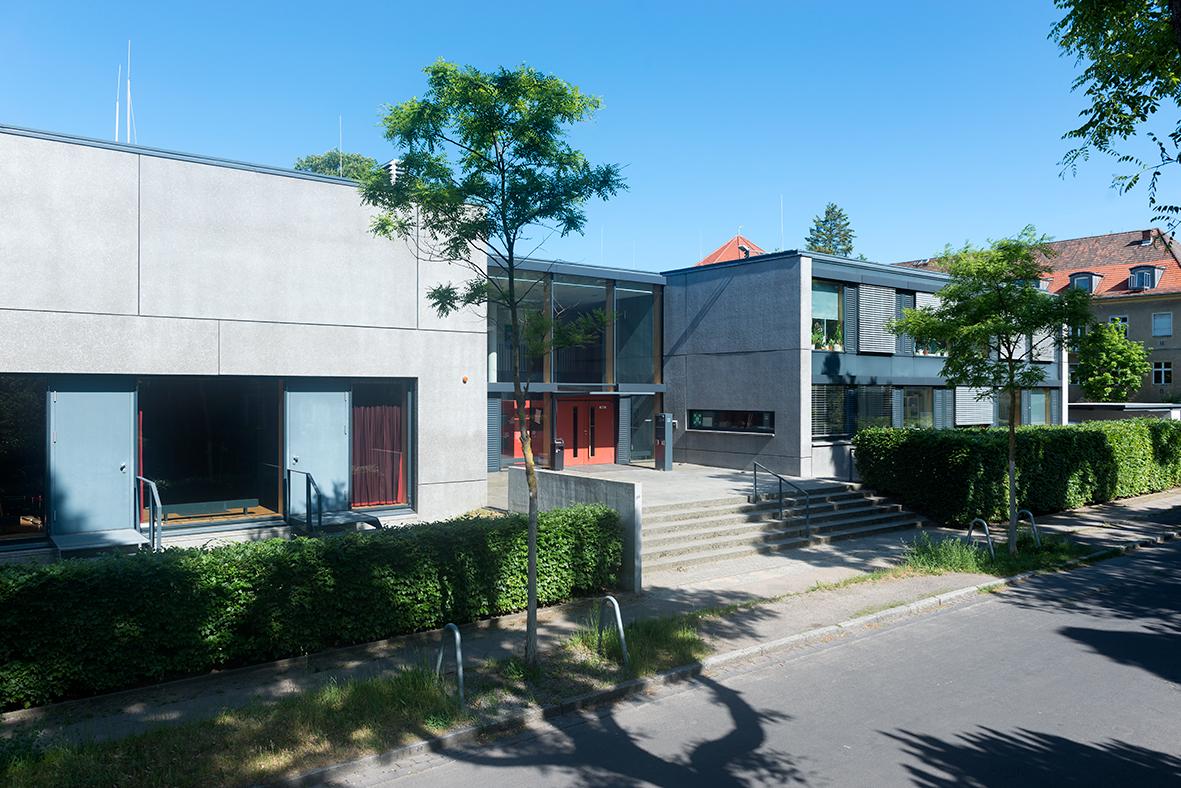
Image: Max Planck Institute for the History of Science, main building (Boltzmannstraße 22, 14195 Berlin), (© www.steforum.de 2017).
The IMPRS-KIR is located on the premises of the Max Planck Institute for the History of Science (MPIWG) in Dahlem, Berlin.
Doctoral students and the IMPRS Office team work under one roof in Boltzmannstraße 16, an annex of the MPIWG main building. The annex also hosts offices for guest scholars of the IMPRS-KIR and an office shared by the Principal Teaching Faculty. All IMPRS-KIR members have access to the MPIWG’s IT support and research infrastructure, including the MPIWG library resources on site, online, and through interlibrary loan.
The shared location in Dahlem offers excellent opportunities for the IMPRS doctoral students to build close ties within their group and to thrive in the lively intellectual community nurtured by the PTF, ETF, IMPRS guest scholars, and all members of the MPIWG’s departments and research groups.
